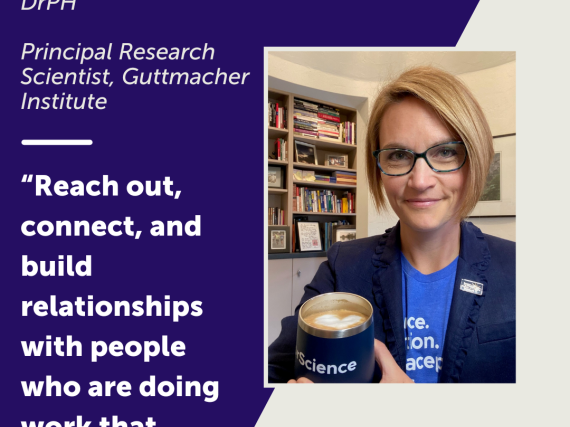February 2020 Power Player
Michael R. (Bob) MacDonald, MS, CHES
Retired, Manager, Sexual Health and Responsibility Program, Navy and Marine Corps Public Health Center
What work have you done to ensure that young people have access to high-quality sexual health information or high-quality contraceptive services so that they can decide if, when, and under what circumstances to get pregnant and have a child?
The Sexual Health and Responsibility Program of the Navy and Marine Corps Public Health Center, established in 1999, has worked to become a focal and trusted source of sexual health promotion products, consultative services, training, and a forum for multi-disciplinary and crossorganizational collaboration to establish military sexual health indicator data streams, normalize integrated and comprehensive sexual health messages, enable efficiencies, promote program and policy uniformity, and enable continuous improvement. The ultimate goal is a cultural norm in which physical and social sexual health are encouraged, supported, and expected; and a population in which all pregnancies are planned, and sexual violence, coercion, and sexually transmitted infections (STIs), including HIV, are prevented.
How did you get started in your field? What is your driving force?
I started as a public health guy in the Air Force in 1976 and have been doing this with the Navy since 1999. Sexual health – the prevention of STIs, HIV, and unplanned pregnancy – has been a large part that work. My passion for the work is based on the responsibility each of each of us in military medicine to honor Mr. and Mrs. America who, when they send us their sons and daughters, expect that we will take only the very best care of them.
What advice would you give to someone looking to effect change in the field that you currently work in?
Learn the facts – squash the myths. In our country, even in 2019, there is much misinformation about family planning, contraception, and abortion.
Accept that values matter. Accept that each of us has the right to hold our values. With every person, respect their values, share the facts, and empower each person to make a well-informed decision within their own value system.
Why should someone care about ensuring that all people—regardless of who they are or where they live—have access to the information and contraception they need to live their best life story?
The right, the need, and the responsibility for every person to control their own fertility strikes me as obvious from a public health perspective, but also on a personal level. The social consequences are wide, deep, and well understood. Within the military, an unintended pregnancy is also a workplace issue, because women are undeployable when pregnant and because may be stationed in places around the world (and even in some places in our country) where safe and legal access to abortion services are very challenging. Clearly, to achieve successful family planning outcomes, each person requires knowledge, skills, motivation, and resources. Each of us – as partner, parent, teacher, legislator, mentor, health care provider, and public health promoter – can contribute in some way.
Is there a highlight of your work in conjunction with our organization that you’d like to share?
I am very pleased that the Defense Health Agency published (in 2018) a policy regarding access to contraception services in all military medical settings, which assures comprehensive and high-quality access to family planning services. This policy establishes uniformity and clarity that has been much needed in our very large and complex military healthcare system.



